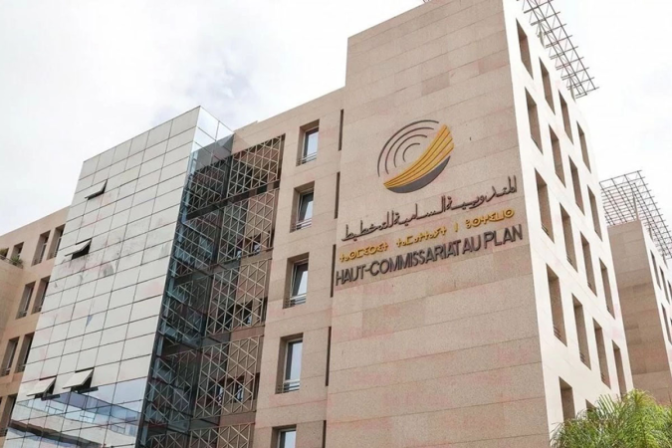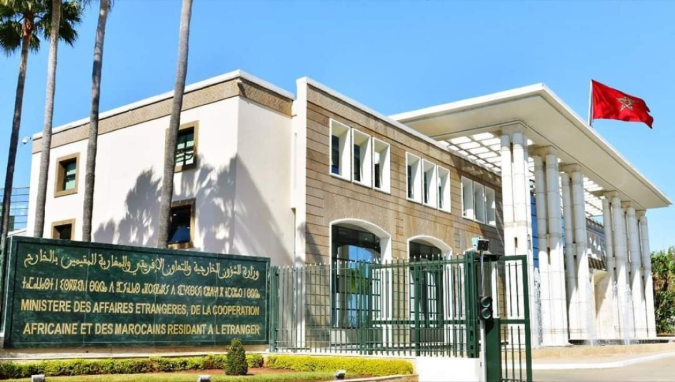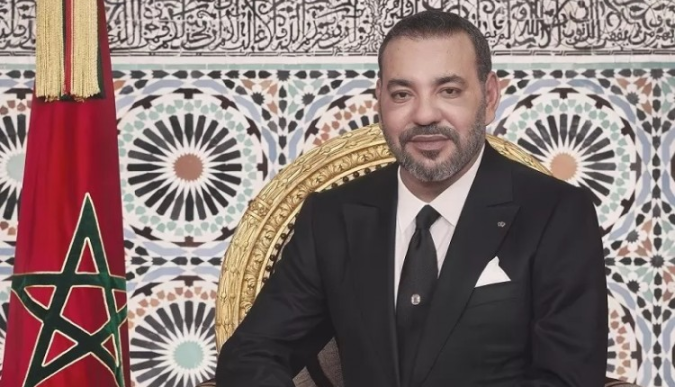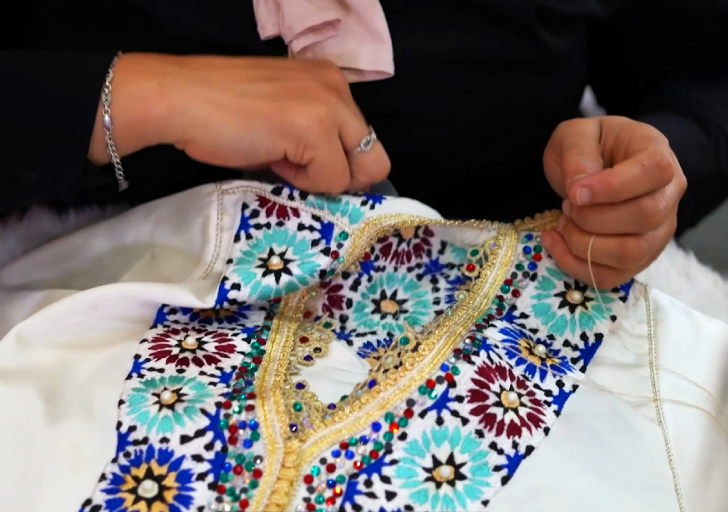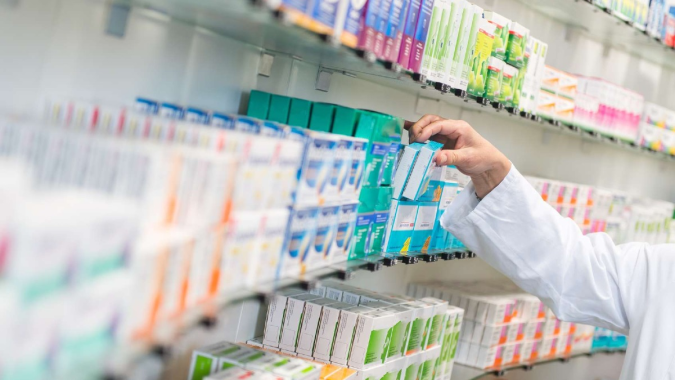
Morocco’s Ministry of Health has reached a consensus with relevant stakeholders on a new decree that, once adopted, will significantly lower drug prices while balancing consumer protection with the promotion of local production, Minister of Health and Social Protection Amine Tahraoui, said on Monday.
Speaking during question time at the House of Representatives, Tahraoui said that the reform initiative was conducted through a broad participatory approach, involving over 30 meetings with key stakeholders, including industrial federations, pharmacists’ associations, and insurance representatives.
He noted that the new model introduces innovative principles, such as reducing the time required for price revision, implementing the reform gradually to ensure stability, maintaining the availability of low-cost drugs, and supporting local production.
The draft decree is in its final stage and will soon be submitted for adoption by the Government Council, the minister added, emphasizing that the reform’s approach is comprehensive, taking into account legal, technical, and socio-economic dimensions.
Tahraoui stressed that the government has made drug pricing reform a sovereign and responsible choice, going beyond technical considerations to embed a deeper socio-economic dimension aimed at strengthening citizens' purchasing power, ensuring equitable access to medicines, and encouraging domestic investment in the strategic pharmaceutical sector.
He also discussed plans for a unified national logistics platform to supply public health facilities with medicines and medical devices, aligned with the needs of regional health groupings. The system is designed to reduce waste caused by stockouts and expired drugs, which result in significant annual losses, and will be gradually implemented over 18 months.
As for enhancing vaccine sovereignty, Tahraoui announced the signing of procurement contracts with Benslimane-based firm Marbio for three key vaccines: pneumococcal, meningococcal, and hexavalent. Over one billion dirhams has been allocated to secure 5.4 million doses for 2025 and 2026.
He added that a special scientific committee has been established to update the national vaccination schedule and approve the first locally produced vaccines. Marbio has already begun production, with initial deliveries to the national health system expected by the end of 2025.
“This initiative is not merely a response to temporary dysfunctions, but lays the foundation for a new national model in the field of medicines and vaccines, based on sovereignty, transparency, local production, and equitable distribution,” Tahraoui concluded, framing the reform within a strategic vision that places citizens’ health and dignity at the core.
MAP: 21 July 2025
